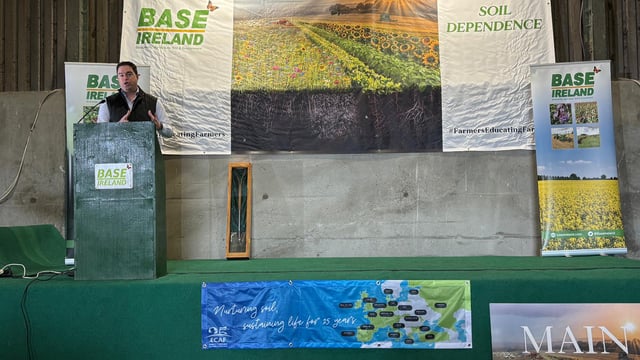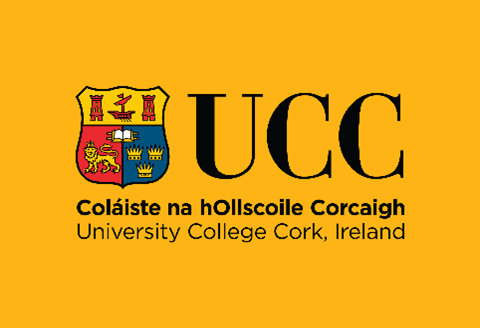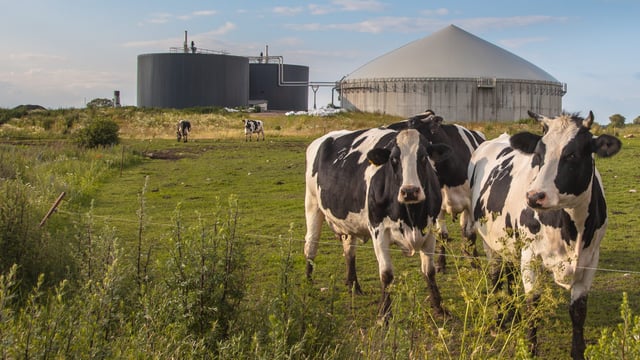20 licences to cultivate hemp for fibre use issued this year
There have been 20 licences to cultivate hemp for fibre use issued so far this year by the Department of Health.
To date, a total of 27 applications have been received, the Health Products Regulatory Authority (HPRA) confirmed to Agriland.
The HPRA processes applications for licences to cultivate hemp for fibre use on behalf of the Department of Health.
The department is responsible for granting approval of and issuing such licences, as well as the controlled drugs legislation and related policies in this area.
Current legislation in Ireland does not allow for the growing of hemp unless a specific licence has been granted.
In 2024, there were 36 applications received, of which 33 licences were issued by the Department of Health.
Meanwhile, in 2023, of 32 applications received, 27 licences were issued; and in 2022, of 65 applications received, 55 licences were issued.
A spokesperson for the Department of Agriculture said that the previous programme for government included a commitment to "fully explore fibre crops such as hemp and consider whether these crops have a viable market".
A consultation took place and a report on this was published in December 2022.
"The overall outcome of that consultation was that the growing of fibre crops such as hemp for the purposes of fibre production only is not currently viable in Ireland," the department spokesperson said.
"The report concluded that the scaling up of a crop fibre industry would be dependent on numerous factors including the development of stable markets, significant capital investment to increase processing capacity and collaboration with all stakeholders along the supply chain, all of which must be industry-led."
Hemp is included as an eligible crop under the Basic Income Support for Sustainability Scheme. However, there has been a decline in area sown in Ireland.
The cultivation of hemp is restricted to varieties having less than 0.3% content of tetrahydrocannabinol (THC).
The 2022 report outlined that Ireland "traditionally had a significant fibre processing industry, but this disappeared with imports of alternative, cheaper materials from abroad".
Hemp and flax are both agronomically suited to many parts of Ireland, the report stated.
"The hemp crop has environmental benefits contributing to increased soil regeneration, carbon sequestration and biodiversity."
There is potential for job creation in rural Ireland with the development of an indigenous hemp industry, the report found, with the use of hemp in the construction industry offering the most significant market.
Issues raised outside of the consultation terms of reference, the report said, included licensing for the growing of hemp needing to be "updated and relaxed", and for the current licensing period to be extended from one year to five.
Industry also called for THC limits to be increased to allow the use of more varieties.
Earlier this year, an Industrial Hemp Conference took place at Teagasc's Food Research Centre in Ashtown, Co. Dublin.
The conference brought together industry experts, stakeholders, and innovators, focused on hemp’s potential to revolutionise sectors such as construction, biotextiles, and the bioeconomy.
In his opening remarks at the conference, Barry Caslin, Teagasc energy and rural development specialist, said that with "modest fertiliser requirements and resilience to pests, hemp stands as a promising crop for the future".
"Hemp holds good promise for Ireland's agricultural landscape, contributing to sustainable and diversified farming systems," he said.
"Our climate is well suited for this crop, and with strategic advancements in processing and policy, we can position ourselves as leaders in hemp-based food production."





